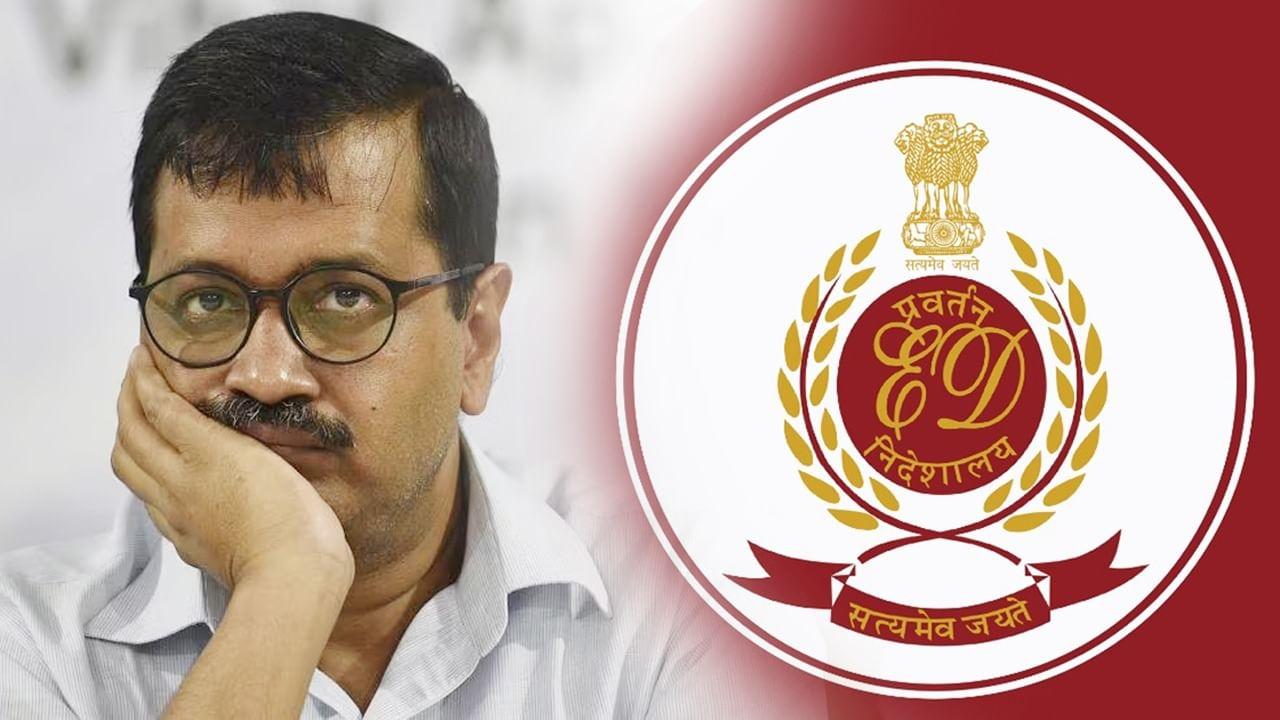Enforcement Directorate (ED) Arrests Delhi Chief Minister

- 22 Mar 2024
Why is it in the News?
Delhi Chief Minister Arvind Kejriwal was recently arrested in the Delhi excise policy case, in which he had been issued multiple summons by the Enforcement Directorate (ED).
About the Enforcement Directorate (ED):
- Established in 1956 as the 'Enforcement Unit' under the Department of Economic Affairs, the Enforcement Directorate (ED) underwent a name change in 1957.
- Presently, ED operates under the Department of Revenue (Ministry of Finance) administrative control for operational purposes.
Roles and Responsibilities:
- ED is responsible for enforcing the Foreign Exchange Management Act, 1999 (FEMA) and certain provisions of the Prevention of Money Laundering Act (PMLA).
- In case of FEMA violations, ED has the authority to attach the assets of offenders.
- ED is also empowered to conduct searches, seizures, arrests, prosecutions, and surveys against PMLA offenses.
Appointment Process for ED Director:
- The Central Government appoints the ED Director based on the recommendations of a committee, which comprises:
Chairperson: Central Vigilance Commissioner
Members: Vigilance Commissioners, Home Secretary, Secretary DOPT, and Revenue Secretary.
What is the Delhi Excise Policy 2021-22?
- The Delhi Excise Policy 2021-22, also known as the new liquor policy, was introduced on November 17, 2021, to transform liquor sales in the city.
- This policy marked a significant departure from the traditional model by privatizing liquor shops and aiming to enhance customer experience while curbing black market activities.
- However, amidst controversy and allegations of procedural irregularities, Delhi ultimately reverted to its previous excise regime.
Key Features:
- The new policy divided Delhi into 32 zones, each open for bidding by firms, departing from individual licenses to zone-based bidding.
- 849 retail vend licenses were auctioned by the Excise department.
- Notably, the policy allowed for discounts to retail customers and reduced dry days to three from 21.
- It proposed innovative measures such as home delivery of liquor and lowering the drinking age from 25 to 21, although these were not implemented.
Controversy:
- Before implementation, the policy underwent scrutiny by the Chief Secretary, who alleged procedural lapses and irregularities.
- The report implicated the Deputy CM for making unilateral decisions, leading to financial losses and allegations of kickbacks.
- These kickbacks were purportedly used to influence elections in other states, leading to a CBI investigation and subsequent arrest of the Deputy CM and others.
- The Enforcement Directorate (ED) also initiated investigations into alleged money laundering, with claims of substantial proceeds of crime and kickbacks reaching prominent political figures.
- In essence, the Delhi Excise Policy 2021-22, while aiming for modernization and improved governance in liquor sales, was marred by controversy and allegations of corruption, prompting a thorough investigation into its implementation and aftermath.
